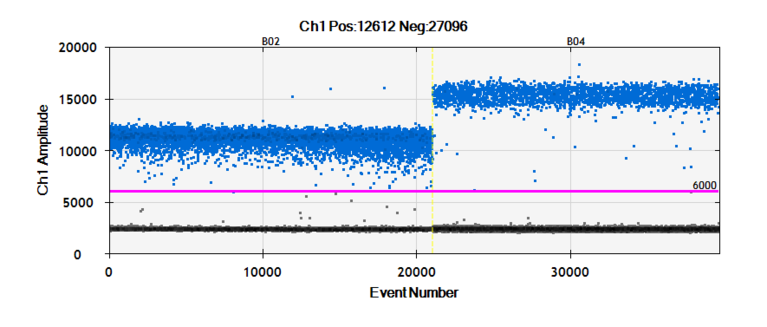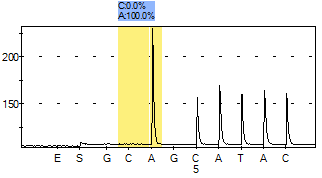Haematology/Oncology
Chronic myeloid leukemia (CML) represents a model disease for cancer biology, diagnostics and
treatment. CML became well treatable with the approval of tyrosine kinase inhibitors (TKIs)
which selectively block the oncogenic fusion protein BCR-ABL1. Many patients achieve deep
molecular remission and may even stop therapy.
A wide range of leukemia associated genes are investigated routinely in our lab by next-generation
sequencing. Single cells obtained from leukemia patients are analyzed to investigate the interaction
and sequential acquisition of mutations as a rationale for novel treatment strategies. With the highly
sensitive droplet digital PCR, which distributes the sample over 20,000 individual nanoliter-sized
droplets, our group attempts to identify those CML patients, who can safely discontinue therapy.
During the course, we will provide hands-on training from blood preparation to high-throughput
genotyping using novel sequencing technologies (e.g. next-generation sequencing, pyrosequencing).
Students will learn how to pick single cells, perform mutation-specific PCRs, DNA sequencing and
droplet digital PCR. In addition to these experimental techniques students will learn different types
of bioinformatic tools.
Fig 1 (left) Detection of BCR-ABL fursion transcription by digital PCR.
Fig. 2 (right) Identification of a homozygous Jak2 V617F point mutation in HEL cell.



